Meet the HSBC Future Skills Innovation Challenge Winners!
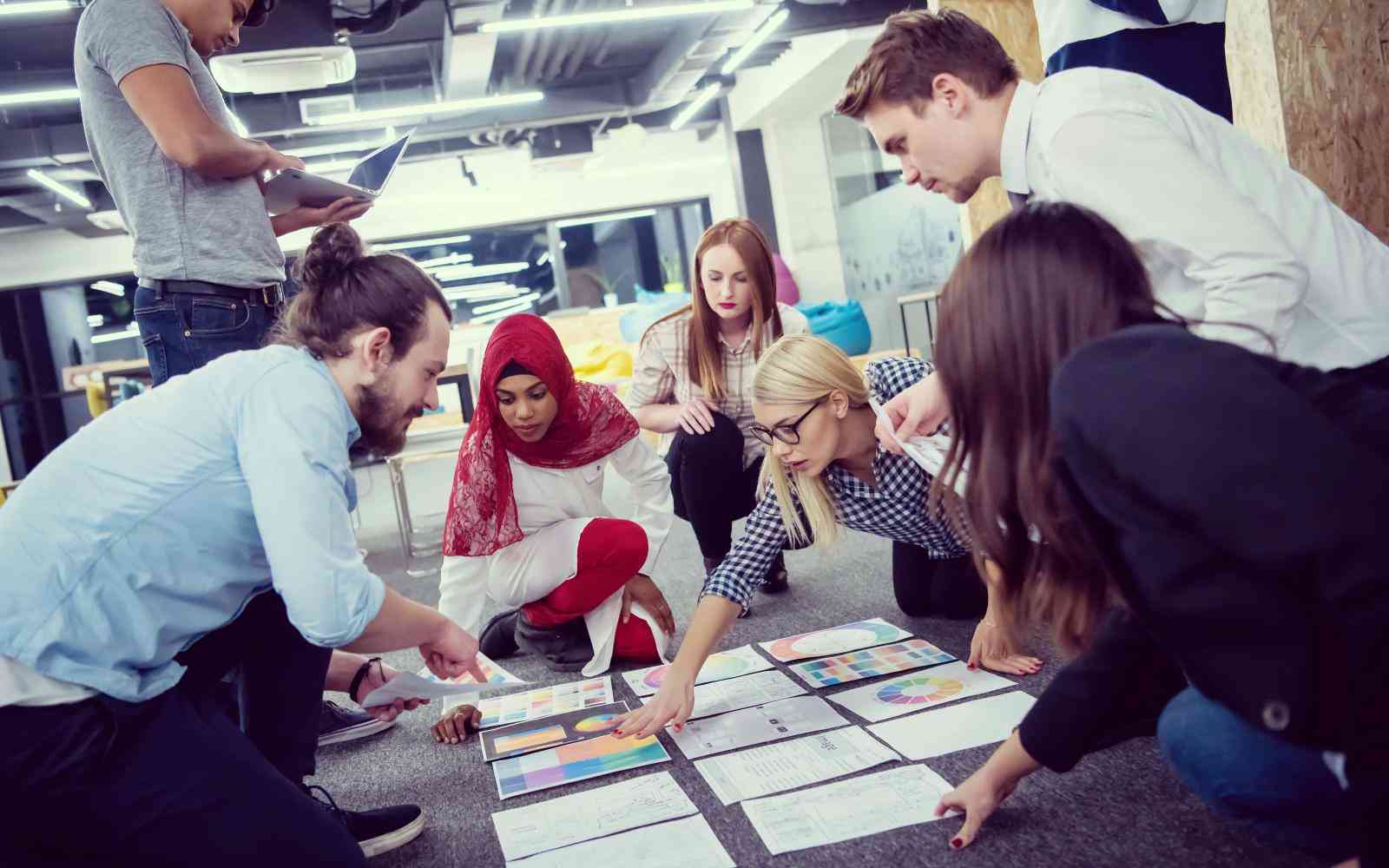
Now more than ever, we’re aware that our world is rapidly changing. The COVID-19 pandemic has impacted every institution and field, disrupting jobs and economies worldwide. Meanwhile, technology and climate change continue to radically reshape our reality. One thing is certain: the skills we need for the future will be different from the skills of the past.
What will the jobs of tomorrow look like? How can we be equipped to thrive in an ever-changing environment? HSBC and Ashoka partnered for the Future Skills Innovation Challenge to search for answers to these questions and find innovative solutions that will lead the economy of tomorrow.
We’re excited to announce the winners of the Future Skills Innovation Challenge—12 social entrepreneurs working towards a future that connects everyone to economic opportunity.
These winners will receive prizes from an innovation fund of nearly $230,000, plus support and mentoring from HSBC leaders and Ashoka’s system change experts.
---
MEET THE WINNERS:
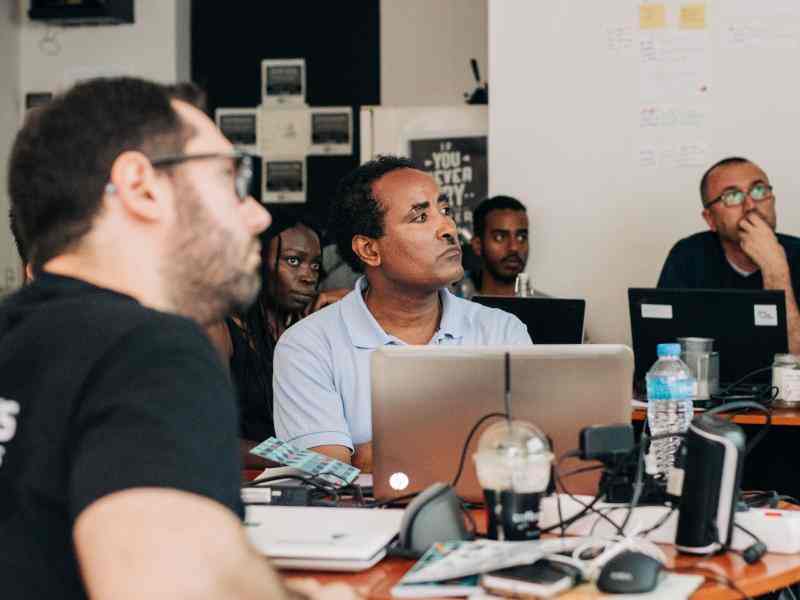
Social Hackers Academy (Greece): Without access to the labor market, refugees in Greece are often caught in a vicious cycle of social and economic exclusion. Damianos and Michael joined forces to create a 7-month web development Bootcamp that fosters the digital hard skills and interpersonal soft skills needed to enter the tech job market. Refugees and Greeks learn together, building meaningful relationships and a professional network.
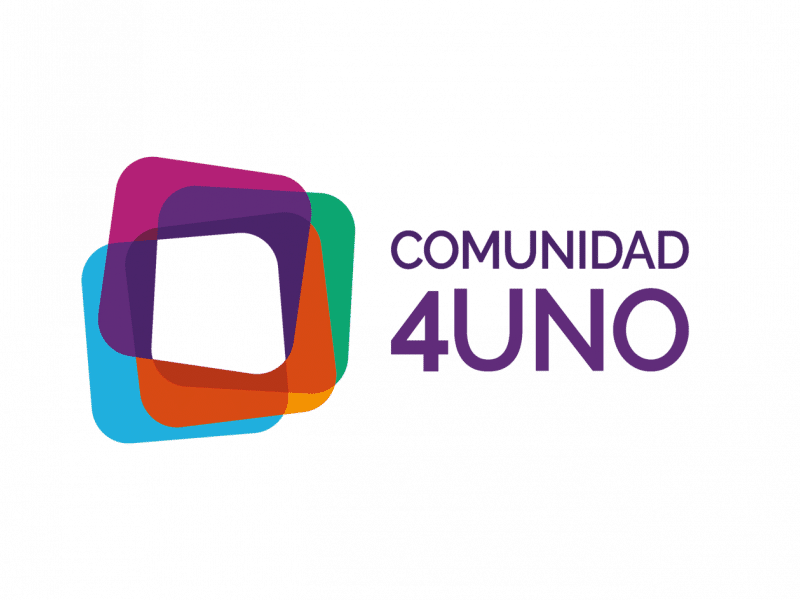
Comunidad 4Uno (Mexico): For Mexico’s 2.5 million domestic workers paid in cash (with no benefits), there’s no access to loans or formal savings products. Comunidad 4Uno is leveraging the strong relationship between workers and employers to include domestic workers in the financial system. By creating a powerful digital platform to record the transactions already happening between employees and employers, they’re helping workers reach their financial goals.
ActivAction (France): As Emilie, Pauline, and Fabien felt the negative psychological effects of unemployment firsthand, they realized this jobless period could be empowering: a time to gain self-confidence and skills, meet new people, and redefine their paths. Now, through ActivAction, they’re supporting job seekers to regain confidence, then develop the key soft skills to navigate a changing landscape — including active learning, creativity, teamwork, emotional intelligence, and working in diverse groups.
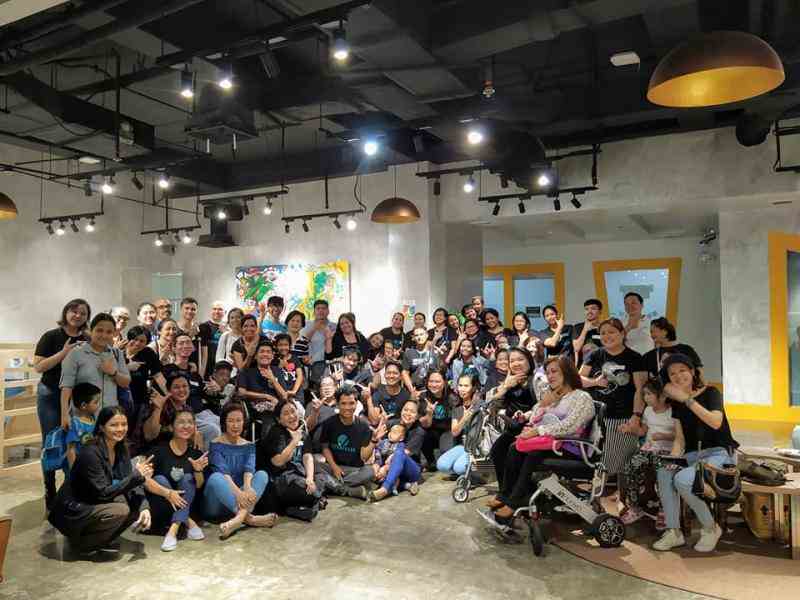
Virtualahan (Philippines): Virtualahan is working to ensure that people with disabilities, who experience high rates of unemployment, are given equal opportunities for high-level work in the new digital economy. They’re integrating wellbeing sessions and community-building with the digital job skills training, mentoring, and support to build both mindsets and skill sets for success in an always-changing world.
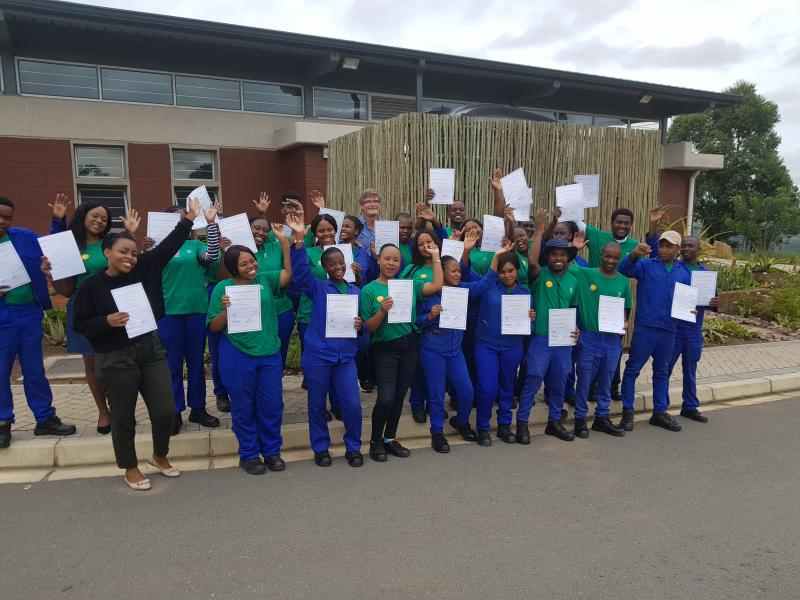
Use-It (South Africa): Recognizing a need for the “green skills” required to make South Africa’s green economy plan a reality, Use-it helps train youth to produce goods that positively impact the environment. Through hands-on training combined with innovative technologies and tools, they’re building up a new workforce skillfully manufacturing products from waste.
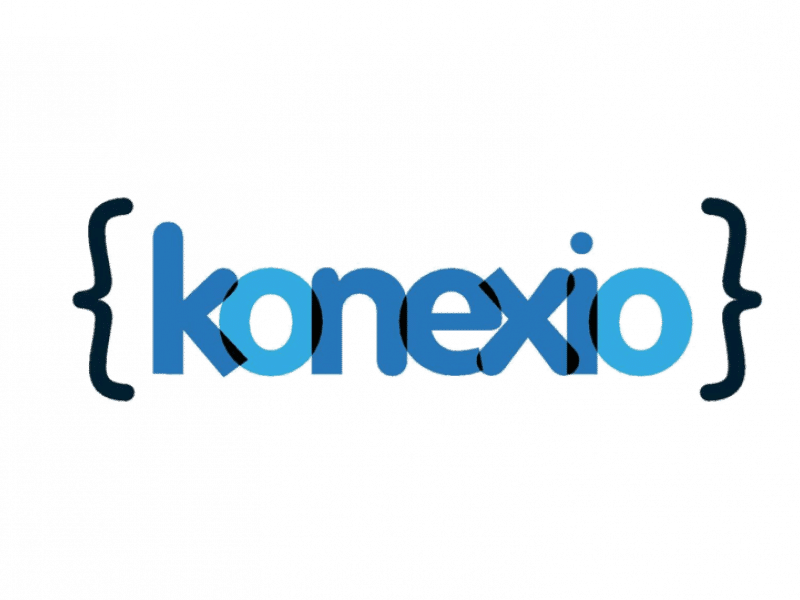
Konexio (France): Recognizing the future of work is digital, Konexio opens the door to refugees and unemployed youth who would not otherwise have the skills to access digitally dependent jobs. Trainees learn tech skills along with soft skills and language training. Upon course completion, they can earn EU-recognized certification and work placements, overcoming systemic hiring bias and creating sustainable and consistent income.
Coalfield Development (USA): Coalfield’s innovative model starts new social enterprises in coal communities, then uses them to employ and empower people experiencing generational poverty. Every week, employees do 33 hours of paid work, 6 hours of higher education, and 3 hours of personal development. These enterprises create new jobs and opportunity in sectors more sustainable than the fossil-fuel jobs currently dominating many rural areas.
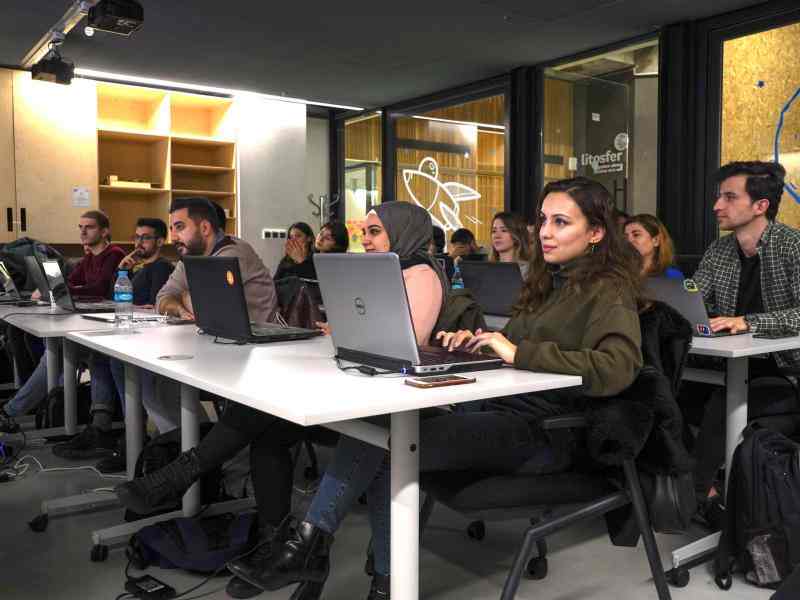
Kodluyoruz (Turkey): In Turkey, 25% of youth are unemployed. Seeing that the pace of education isn’t keeping up with the job market, Gülcan Yayla created Kodluyoruz to provide in-demand technical and soft skills to youth who need this education the most through free, 3-4 month bootcamps built according to local market needs. The bootcamp is followed by job placement and a lifelong peer-to-peer learning community.
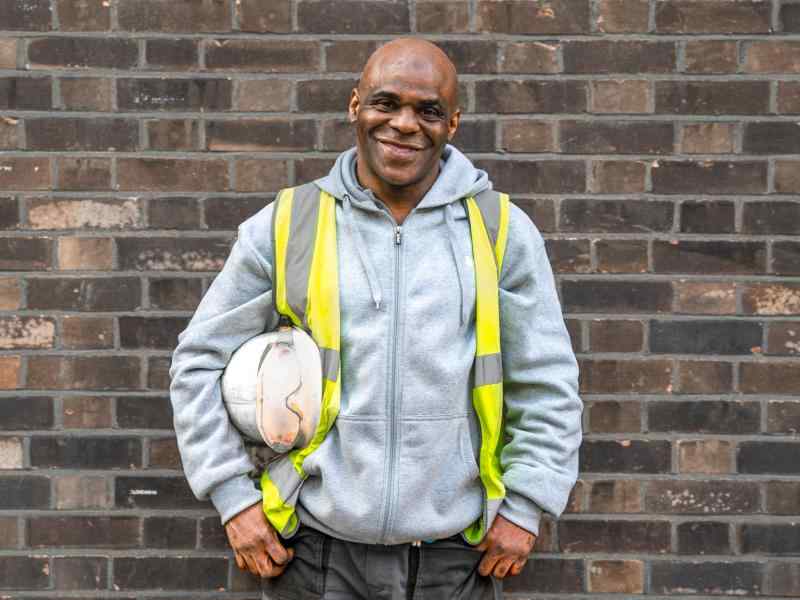
Beam (UK): Beam is an online crowdfunding platform that allows the public to fund training courses and professional qualifications for people experiencing homelessness and remove other financial barriers to work. Each homeless individual works with a dedicated case worker, who creates a tailored employment plan and supports them through training into stable paid work. Beam provides a foundation for homeless individuals to move into their own homes and rebuild their lives.
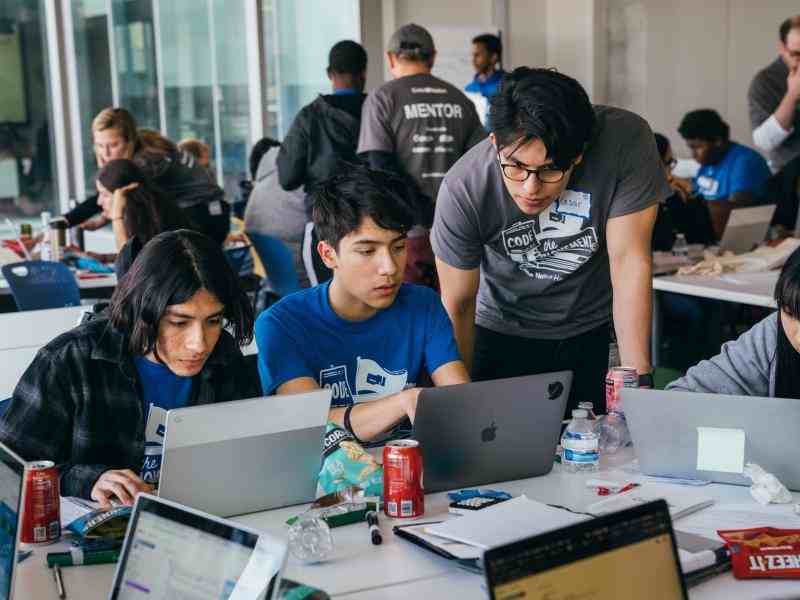
Code Nation (USA): Well-paying jobs in technology are in high demand, but only 25% of high schools in the United States offer computer science in their curriculum—and even fewer in low-income areas. Through a free, multi-year career preparation program powered by volunteers and the tech industry, Code Nation is equipping students in under-resourced high schools with the skills, experiences and connections to increase access to tech careers.
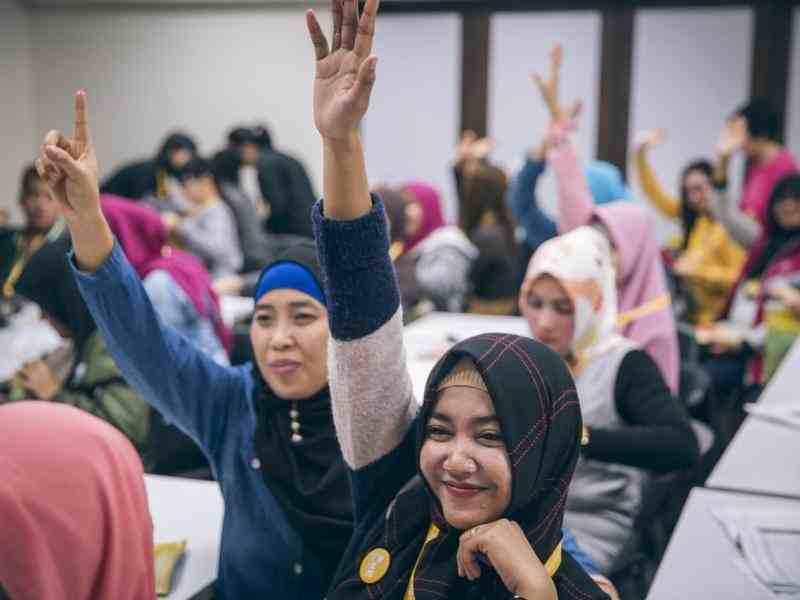
One Forty Taiwan (Taiwan): Over 700,000 migrant workers come from Southeast Asia to Taiwan for better livelihoods, but they don't gain many transferable skills in their work. One Forty Taiwan's Migrant Business School is an online and offline learning community specifically designed for Southeast Asian migrants in Taiwan, offering offline courses every weekend and over 260 online videos. Offerings include financial management and entrepreneurship programs, skills development, and Chinese language courses, which can open the door to job opportunities across Southeast Asia.
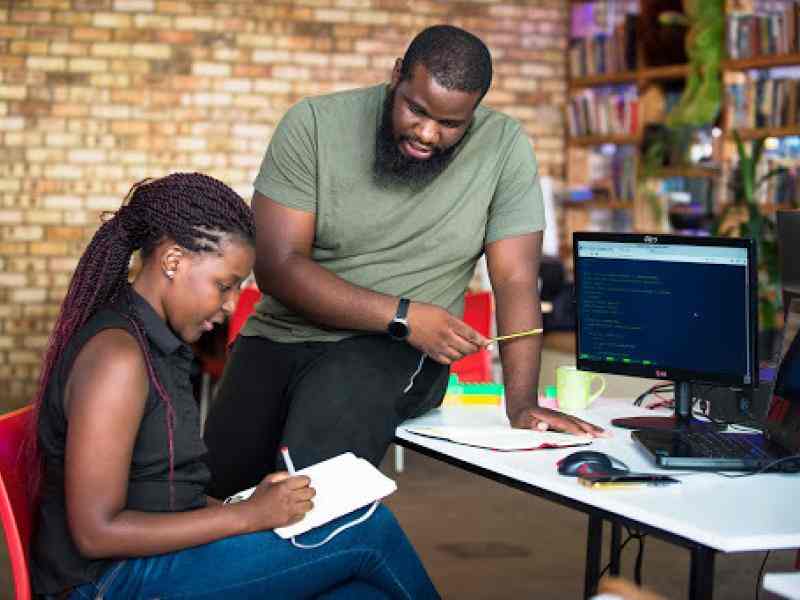
African Coding Network (South Africa): Through a 12-month program, the Africa Coding Network (formerly known as Umuzi) gives high-potential young people from under-resourced communities the hard and soft skills to pursue digital careers. In addition to technical training—including opportunities to build real software in teams and work at a leading employer— the program covers living costs and provides life skills training, counselling and accommodation. Due to COVID-19, they’ve pivoted to a completely remote learning model giving all recruits a computer, internet access, and data.
---
Learn more about the HSBC Future Skills Innovation Challenge here.